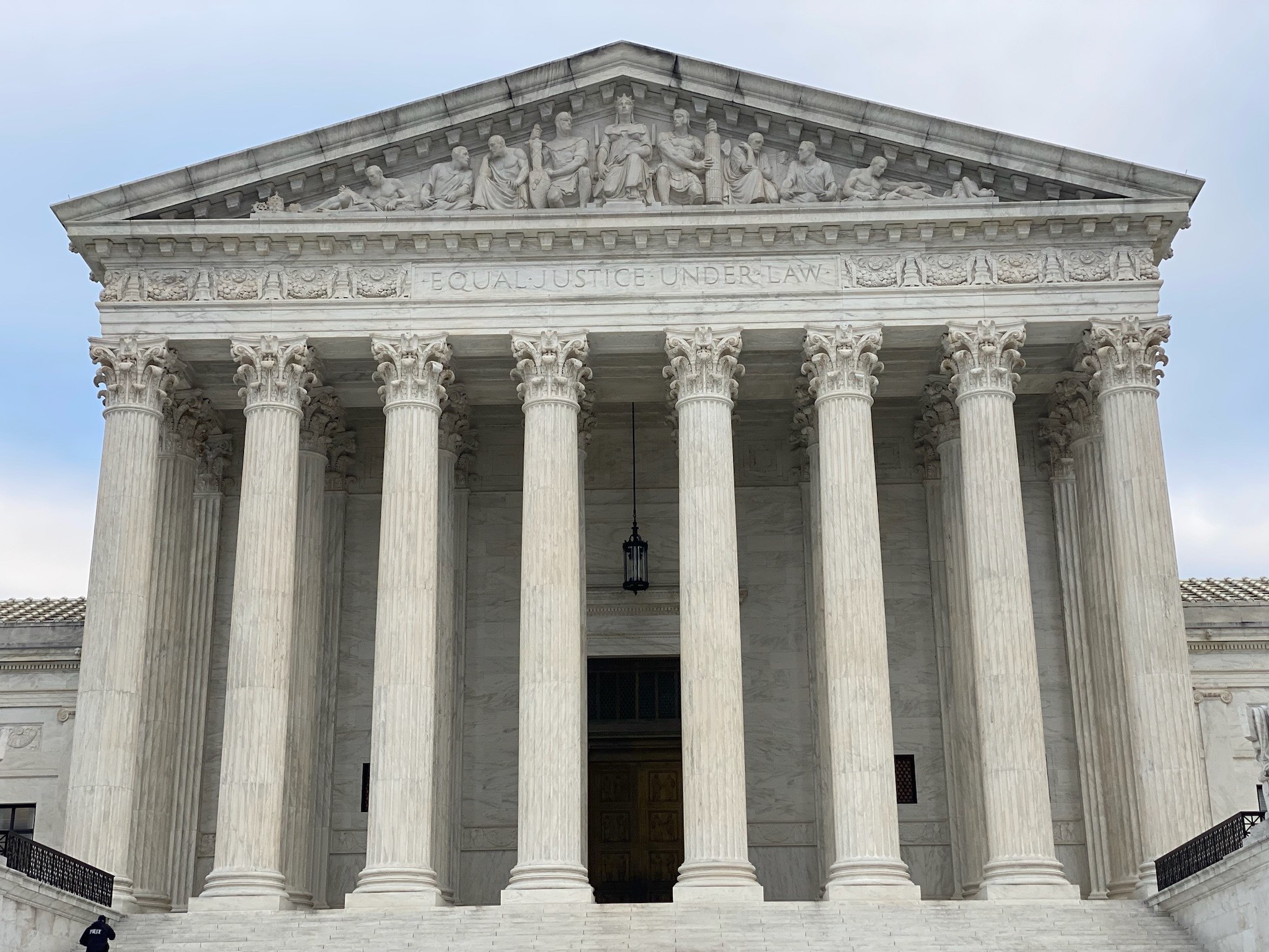Bankruptcy Uncovered Myths | Debunking Myths About Bankruptcy
Bankruptcy can be a confusing and intimidating process, especially with the many myths surrounding it. In this blog post, we will uncover the truth about bankruptcy in Alabama, delving into the state’s laws, debunking common bankruptcy myths, and shedding light on the realities of filing for debt relief.
Alabama’s Bankruptcy Laws
In Alabama, as in the rest of the United States, individuals and businesses can file for bankruptcy under two primary chapters of the Bankruptcy Code:
Chapter 7: Also known as “liquidation” bankruptcy, Chapter 7 allows individuals to discharge (eliminate) most of their unsecured debts, such as credit card debt and medical bills. In some cases, non-exempt assets may be sold to pay off creditors. To qualify for a Chapter 7 bankruptcy, individuals must pass a means test that evaluates their income and expenses.
Chapter 13: Commonly referred to as “reorganization” bankruptcy, Chapter 13 is designed for individuals with a regular income who can repay a portion of their debts through a repayment plan. The plan typically lasts three to five years, and at the end of the term, any remaining unsecured debts may be discharged.
Both types of bankruptcy can provide an automatic stay, which temporarily halts collection activities, foreclosures, and repossessions.
Debunking Bankruptcy Myths
There are many misconceptions about bankruptcy that can deter people from considering it as a viable option for debt relief. Let’s debunk some of these myths together:
Myth #1: You will lose everything you own
Reality: While Chapter 7 bankruptcy involves the liquidation of non-exempt assets, Alabama has exemptions that protect certain property, such as your primary residence, personal belongings, and retirement accounts. In Chapter 13 bankruptcy, you generally keep your property while repaying your debts through the repayment plan.
Myth #2: Your credit will be ruined forever
Reality: Bankruptcy does have a negative impact on your credit score, but it is not permanent. Chapter 7 bankruptcy remains on your credit report for ten years, while Chapter 13 stays for seven years. However, you can start rebuilding your credit soon after your bankruptcy is discharged by making timely payments and using credit responsibly.
Myth #3: You can only file for bankruptcy once
Reality: Although there are waiting periods between bankruptcy filings, you can file for bankruptcy more than once. For example, you must wait eight years after a previous Chapter 7 discharge to file for Chapter 7 again, and two years after a Chapter 13 discharge to file for Chapter 13 again. It is best to talk to a local bankruptcy attorney before deciding which type to file, especially if you have filed a bankruptcy before in Alabama.
The Realities of Bankruptcy
While bankruptcy offers a fresh financial start, it’s essential to understand the realities associated with filing:
- Not all debts are dischargeable: Some debts, such as student loans, child support, and certain tax obligations, generally cannot be discharged in bankruptcy.
- Bankruptcy is a public record: Your bankruptcy filing will be accessible as part of the public record, although it is unlikely that friends or acquaintances will search for this information.
- Filing for bankruptcy can be complex: Navigating the bankruptcy process can be challenging, and it’s crucial to seek the guidance of an experienced bankruptcy attorney to ensure your case is handled correctly.
Understanding Alabama’s bankruptcy laws, debunking common myths, and recognizing the realities of filing for bankruptcy can help you make informed decisions about whether bankruptcy is the right solution for you. If you’re considering bankruptcy, consult with a knowledgeable bankruptcy attorney in Montgomery, or wherever you live, who can guide you through the process, protect your rights, and help you achieve the financial fresh start you need.
Attorney Steven A. Harris regularly blogs in the areas of family law, bankruptcy, probate, and real estate closings on this website. Mr. Harris tries to provide informative information to the public in easily digestible formats. Hopefully you enjoyed this article and feel free to supply feedback. We appreciate our readers & love to hear from you!
Sharing is caring:







